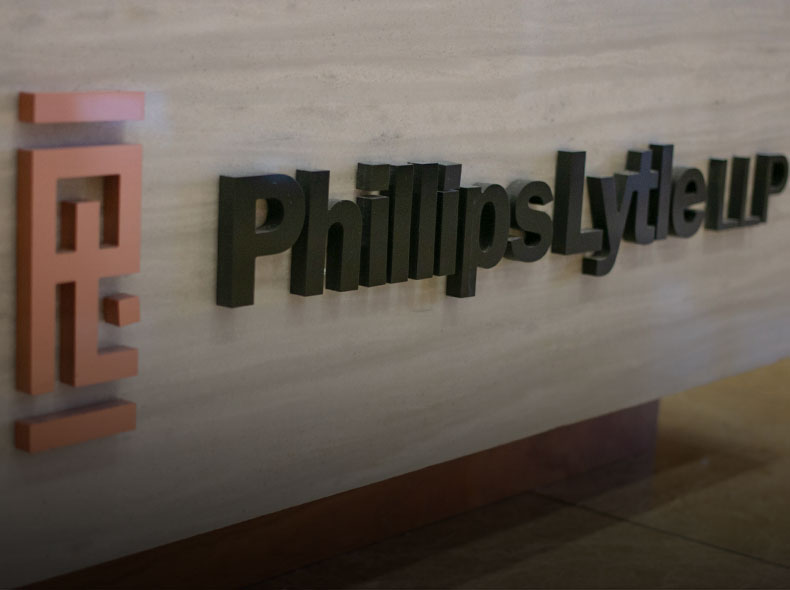

Law360 (January 2, 2020, 5:22 PM EST) — The stigma surrounding hemp commerce changed swiftly and dramatically following the 2018 Farm Bill, and, as a result, the hemp industry is developing across the country at an astronomical rate. Development is particularly strong in New York state. Even before the Farm Bill, New York’s Industrial Hemp Agricultural Research Pilot Program opened commerce to growers and processors. And very recent legislation created a regulatory framework for the production and sale of hemp and hemp extract in the state. In New York, hemp is becoming mainstream.
One way to test this development, however strangely, is through the courts. When we see businesses operating, contracts are being entered into (or not), and litigation results. That is what is happening in New York. Indeed, New York is seeing federal court, high-stakes hemp litigation.
In a case venued in the U.S. District Court for the Northern District of New York, HempChain Farms LLC sued a Colorado supplier for selling it hemp seeds that destroyed 75% of its crop. HempChain plants, cultivates and harvests CBD hemp plants. It contracted with the Colorado supplier for 200,000 female seeds with a germination rate of at least 92%.
Once HempChain received the seeds, it discovered that the germination rates were less than 30%. The supplier shipped 90,000 replacement seeds, but they were still below the promised germination rate. HempChain claims that the replacement seeds were of poor quality, premature in development and blended with male seeds. If proven, damages may be substantial.
In another case, venued in the U.S. District Court for the Western District of New York, Canopy Growth Corp. sued Go Farm Hemp LLC, a Nevada hemp producer, for fraud due to Go Farm’s inability to grow a significant quantity of hemp and mismanaging $12 million for such farming. Canopy contracted with Go Farm to grow hemp at a commercial scale.
Canopy alleges that Go Farm defrauded its company for hundreds of valuable hempseed acres while pocketing $12 million when it should have been put toward the growth of the hemp plants. Of the 1,115 acres that Canopy contracted for, only 275 acres were viable. Canopy claimed that Go Farm was not fit to farm over 1,000 acres of hemp. It inspected the farm and found unplanted acres, and, in the areas that were sufficient, the crops were covered in weeds.
Canopy also claims Go Farm failed to live up to its promise of eliminating male plants through the use of female seeds. As a result, Canopy withheld its third installment in the contract, which totaled to $1.9 million. Under the contract, however, Canopy only had the right to withhold the fourth and final installment until the final crop yield was counted. Thus, Go Farm also filed a lawsuit against Canopy for $1.9 million.
Although the Canopy/Go Farm cases are no longer pending (Canopy filed a voluntary dismissal, and Go Farm’s suit was dismissed on jurisdictional grounds), the HempChain case remains active in the courts, and both cases provide lessons to hemp companies in a rapidly booming market.
First, since the hemp industry is still developing, conducting business with a vendor from another state may be unavoidable (at least for now). If growers cannot find experienced suppliers in their own state, they should protect their rights to rely on their home-state courts by including favorable governing law and forum selection clauses in their contracts.
Second, seeds could not be more important. Growers purchasing seeds must be extremely vigilant, by requiring certificates of analysis from reputable testing laboratories before they buy, or better yet requiring an opportunity to independently test the genetics themselves before tendering payment. Just like any critical purchase, you should have the right to inspect and conduct the necessary due diligence, and walk away if you are unhappy.
Relatedly, many in the industry are not aware that there are federal and state standards for seeds. Growers should be familiar with these standards and demand that their suppliers are, as well.
Last, given the potential of losing an entire harvest, chances are that damages will be substantial. Additionally, it is likely that damages will be difficult to prove. Smart contracting should involve considering liquidated damages provisions, in which a supplier agrees to a preset damages amount, thereby eliminating a lot of the complications in proving damages in court. And because litigation can be time-intensive, there should be a prevailing party attorney fees provision.
Therefore, because hemp litigation is becoming more frequent, parties need to take precautions. A contract should always lay out the responsibilities of the parties, and account for any unforeseen or unlikely events of major proportions. Furthermore, parties should implement safeguards to strategically protect their business and investment, which will ultimately prevent the possibility of a high-stakes litigation.
Tristan D. Hujer is special counsel and Kyle Tanzer is an associate at Phillips Lytle LLP.
Receive firm communications, legal news and industry alerts delivered to your inbox.
Subscribe Now